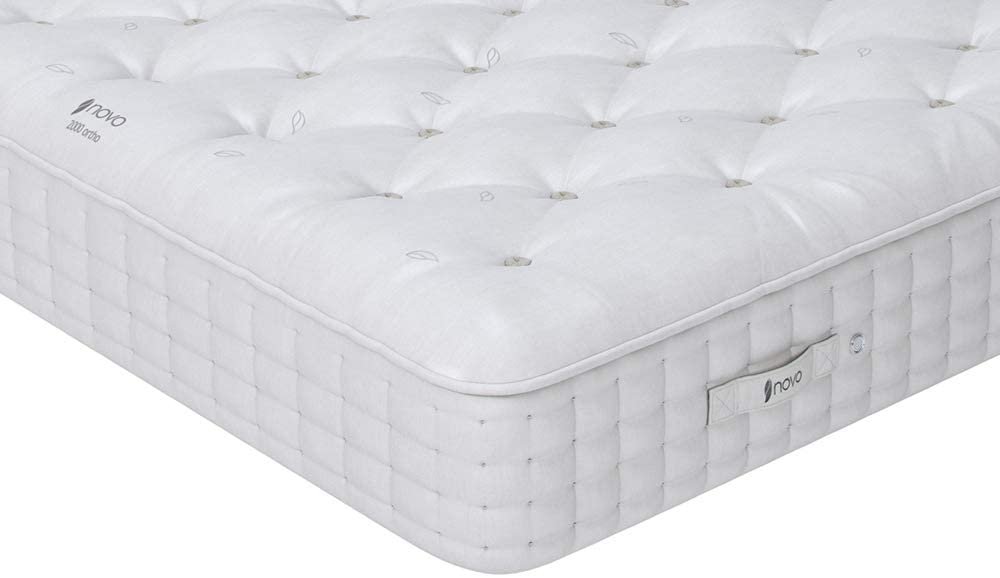Can pillows cause neck pain?
Many people suffer from neck pain, which can be a frustrating and uncomfortable experience. While many factors can contribute to neck pain, including posture, stress, and injury, the type of pillow you use can also significantly impact the pain. In this article, we’ll examine the connection between pillows and neck pain in-depth and provide helpful tips and recommendations for choosing the right pillow to alleviate this discomfort.
The Connection between Pillows and Neck Pain
The type of pillow you use can significantly impact your neck pain. Using a too-soft pillow won’t provide enough support, and your neck will be forced into an unnatural position. On the other hand, using a too-firm pillow can put excessive pressure on your neck and cause discomfort. Choosing a pillow that’s the right height and firmness is critical to maintaining a neutral neck alignment while you sleep and reducing the risk of neck pain.
For example, if you’re a side sleeper, you’ll need a firmer pillow to support your head and neck. A good rule of thumb is to choose a pillow about 4 to 6 inches thick that can support your head and neck at a height that keeps them aligned with your spine.
Factors to Consider when Choosing a Pillow
When choosing a pillow, several essential factors include firmness, material, size, and shape. Choosing a pillow with the right firmness for your sleeping position and adequate support for your head and neck is important. The pillow’s material is also essential, as it can affect its comfort and support level. Memory foam, down, and foam are common materials used in pillows, and each has unique benefits and drawbacks.
Down pillows are lightweight and fluffy, making them a good choice for stomach sleepers. Foam pillows are often firmer, making them a good choice for back and side sleepers who need more support. For example, memory foam pillows are usually recommended for people with neck pain, as they mould to your head and neck, providing individualized support.
The Effect of a Mattress on Neck Pain
A mattress can also play a role in causing or alleviating neck pain. If your mattress is too soft, it can cause your spine to sink, causing strain on your neck and shoulders. On the other hand, if your mattress is too firm, it can put too much pressure on your neck and spine, leading to pain and discomfort. A supportive and comfortable mattress is vital to maintaining a neutral neck alignment and reducing the risk of neck pain.
For example, suppose you’re a side sleeper. In that case, a medium-firm mattress is often recommended, as it provides enough support to keep your spine in its natural alignment while being soft enough to conform to your body. If you’re a back sleeper, a firmer mattress is often recommended, as it will provide more support for your lower back and help keep your neck in a neutral position.
Tips for Relieving Neck Pain
In addition to choosing the right pillow and mattress, you can do several other things to relieve neck pain.
- Sleeping in a position that keeps your neck and spine in a neutral alignment is vital
- Stretching and exercises that target neck and shoulder muscles
- Massage and physical therapy can also reduce neck pain and may be recommended by your doctor or physical therapist
In conclusion, neck pain can be a frustrating and uncomfortable experience. Still, choosing the right pillow and mattress can reduce your discomfort risk and help you get a better night’s sleep. Take the time to select a pillow with the right firmness for your sleeping position and adequate support for your head and neck. Consider the pillow’s material, as well as its size and shape. The right mattress can also significantly reduce neck pain, so choose a supportive, comfortable mattress that provides the right level of firmness for your sleeping position. With these tips and recommendations, you can say goodbye to neck pain and enjoy a better night’s sleep.



